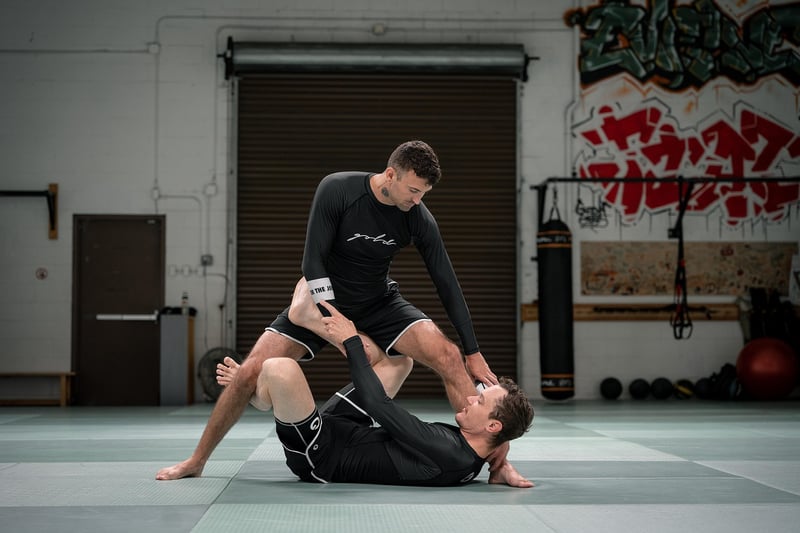Jiu-Jitsu
The Importance of Discipline and Self-Defense Techniques in Jiu-Jitsu
When it comes to martial arts, Jiu-Jitsu stands out not only for its effective self-defense techniques but also for the emphasis it places on discipline and mental fortitude. Understanding the importance of discipline and self-defense techniques in Jiu-Jitsu is crucial for practitioners looking to excel in this martial art.
Discipline in Jiu-Jitsu
Discipline is at the core of Jiu-Jitsu training. It requires dedication, focus, and commitment to master the techniques and principles of this martial art. Practitioners must adhere to a strict training regimen, showing up consistently to classes, and putting in the effort to improve their skills.
Through disciplined training, practitioners not only enhance their physical abilities but also cultivate mental resilience. The ability to push through challenges, stay focused during intense sparring sessions, and maintain composure under pressure are all skills that stem from the discipline instilled in Jiu-Jitsu practice.
Self-Defense Techniques in Jiu-Jitsu
Jiu-Jitsu is renowned for its practical and effective self-defense techniques. Unlike some martial arts that rely on striking or kicking, Jiu-Jitsu focuses on leverage, joint locks, and submission holds to neutralize opponents, making it an ideal martial art for self-defense situations.
By learning Jiu-Jitsu self-defense techniques, practitioners gain the confidence and skills needed to protect themselves in real-life scenarios. These techniques empower individuals to defend against larger and stronger opponents using leverage and technique rather than brute force.
Combining Discipline and Self-Defense Techniques
When discipline and self-defense techniques are combined in Jiu-Jitsu training, practitioners experience holistic growth both physically and mentally. The discipline cultivated through consistent training enhances focus, perseverance, and self-control, while the self-defense techniques provide practical skills for real-world situations.
By mastering the art of Jiu-Jitsu, practitioners not only develop the ability to defend themselves effectively but also foster a sense of confidence, respect, and humility – essential qualities that extend beyond the training mat into everyday life.
Conclusion
Discipline and self-defense techniques are integral components of Jiu-Jitsu that contribute to the overall development of practitioners. By embracing these aspects of the martial art, individuals can enhance their physical abilities, mental resilience, and self-confidence, leading to a well-rounded and empowered approach to self-improvement and personal safety.


For more information on Jiu-Jitsu and self-defense, consider enrolling in a reputable martial arts academy or training center in your area.
Remember, the journey of mastering Jiu-Jitsu begins with discipline and a commitment to learning and growing both on and off the mat.
